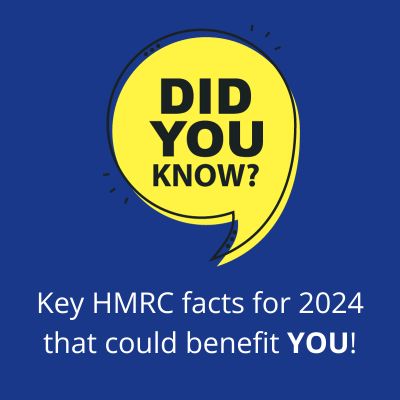Universal Credit’s maximum childcare payments to increase by nearly 50%
As part of the Government’s biggest ever expansion to childcare provision, low-income families will be able to access increased childcare support worth a total of £900 million.
From 28 June 2023, the Department for Work and Pensions (DWP) is increasing the amount that parents in Great Britain can claim back monthly for their childcare costs on Universal Credit from £646 to £951 for one child and from £1108 to £1630 for two or more children. This is a significant rise of 47%.
At the same time, the Government will help eligible parents cover the costs for the first month’s childcare when they enter work or significantly increase their hours, removing one of the most significant barriers to parents working and helping to grow the economy.
Eligible parents will also receive up to 85% of their childcare costs back before their next month’s bills are due, meaning they should have enough money to pay a month in advance going forward.
Secretary of State for Work and Pensions, Mel Stride, said:
“These changes will help thousands of parents progress their career without compromising the quality of the care that their children receive”
“By helping more parents to re-enter and progress in work, we will be able to cut inactivity and help grow the economy.”
The Department for Education (DfE) has launched a consultation in England “to remove unnecessary burdens the childcare sector faces” in order to boost the early years workforce and encourage people to consider childcare as a valuable and rewarding career. This follows extensive engagement with the sector to understand how it can be supported to deploy and train up its staff most effectively.
From September, the hourly rates paid to providers to deliver free childcare for two-year-olds will increase by 30% from an average rate of £6 to £8. This represents a significant increase in funding for early years.
Government will also launch a new recruitment campaign early next year to attract and retain talent and consider how to introduce new accelerated apprenticeship and degree apprenticeship routes so everyone from junior staff to senior leaders can easily move into a career in the sector.
Minister for Children, Families and Wellbeing Claire Coutinho said:
“We are supporting families with the largest ever expansion of free childcare, making sure that places will be available for parents who need them. This will save a working parent using 30 hours a week an average of £6,500.”
“We have already announced plans to boost the amount government pays childcare providers, and now we’re knocking down barriers to recruiting and retaining the talented staff that provide such wonderful care for our children.”
This package represents a key pillar of the Government’s drive to reduce economic inactivity. In total, the Government is investing £3.5 billion over five years to boost workforce participation, including helping as many people as possible, such as parents, into work which will in turn grow the economy.
For more information go to Early years foundation stage (EYFS): regulatory changes – GOV.UK (www.gov.uk).
The consultation can be found here and closes on 26th July.
State-funded Childcare Support Increases the Economy
A recent study by PricewaterhouseCoopers (PwC) and The Salvation Army has revealed that the UK Government’s 2017 increase of state-funded childcare support for three and four year-olds in England contributed a potential £22.3 billion in Gross Value Added (GVA) to the UK economy and drove an increase in under-50s employment rate, equivalent to 286,000 new workers, after first year of implementation
Lt Col Dean Pallant, Secretary for Communications at The Salvation Army, says:
“Through The Salvation Army’s work as a provider of formal and informal childcare and Employment Plus services, we know that affordable and accessible childcare is economically and morally right, offering a route out of poverty for many families.
“The Government’s recent announcement to expand funded childcare was a move in the right direction, but more work needs to be done to make sure that parents on low incomes can get the same access to childcare as families who are better off. There needs to be adequate funding for providers, more flexibility in the system to meet the needs of parents who have to work atypical hours, and more help for families who need affordable childcare during the school holidays.
“PwC’s report provides clear evidence that improving access to childcare is essential for parents who want or need to work, and vital for the health of local and national economies.”
For more information the full you can find the full report here: The economic impact of childcare policy [PDF]
Read another of our blogs: 5 Important Facts for Employers re the New National Minimum Wage & National Living Wage in April 2023





